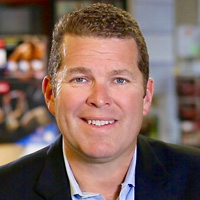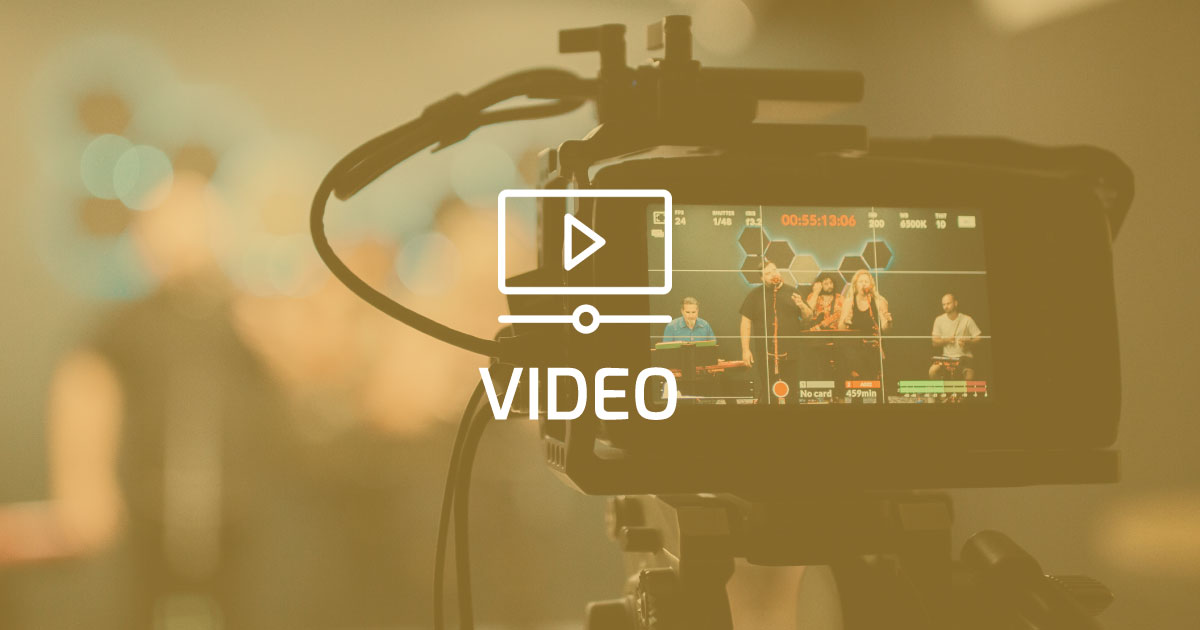“Alden Mills has held many titles in his lifetime including Navy SEAL, coach, motivational speaker, husband, father, and son, but the one you likely recognize him from is an entrepreneur in his ventures with the Perfect Pushup and Perfect Fitness.
In our interview with Mills, he describes how he went from a childhood that was supposed to be hindered by Asthma to becoming one of the most successful fitness entrepreneurs in the last 20 years. His story is the embodiment of Killing the Quit!
KC: At a young age, you were diagnosed with Asthma and it was suggested by doctors that you should avoid sports. Your mother gave you the advice to never let anyone else decide your future. What kind of impact did that moment with the doctor and your mother’s words have on you?
AM: I distinctly remember the moment the doctor told me that I should leave my active lifestyle and learn the game of chess. And I remember starting to tear up because I was running through my head like chess? I suck at checkers. How am I going to be as good any good at chess? it was my mom that day digging her fingernails into my forearm saying, don’t let anyone define your limits. Your limits are up to you.
That didn’t sink in immediately, other than her fingernails, but what did sink in overtime was her and my father’s repeated enthusiasm about defining my own limits. So, it didn’t happen once the moment she told me, but over the next couple of years for the repeated encouragement of going out and trying something new led me to try the sport that I ultimately succeeded in and that led me to seal team and beyond and that sport. was rowing by the way.
KC: During your time at the Naval Academy, you were selected to train for the SEALs. How did that come about? What kind of training did you go through?
AM: The process for getting what’s called a billet or a spot to go to buds at the Naval Academy’s is a three-part process. The first part is you go through a physical training test, very similar to the one that they have you do at buds. Part two is the, a psychological screening interview with you and that’s a pass-fail. And then part three, they take your class rank, which is made up of your GPA and your professional conduct, and you get ranked. And by the way, uh, there were 19 spots that year. They qualified 26 Midshipman and I was number 24, so I was five spots away from actually going to buds and I spent three months convincing five guys not to take the spot. I was the last guy I got number 19.
KC: What kind of lessons or things did you learn in the SEALs that you don’t think you could learn anywhere else?
AM: The point to seal training was all about learning to control the weapons platform and the weapons platform in seal training is all about focusing on the only things you can control. That is the mental, the emotional and the physical. The idea about seal training is the most important weapon you have is your ability to control you in your ability to lead yourself. That’s the single most important thing that I learned from seal training and it is something that applies daily to my life.
KC: What are some of your best memories as a SEAL?
AM: Oh, without question that would be the camaraderie of my teammates. I mean, I want you to think about this for a moment. These are people that would willingly die for the team. Where else in the world will you find people that are so committed to selfless action for the team in then in a place that like? SEAL teams not unique in that there are lots of special forces groups in the US military that have a very similar mindset and that’s very rare and special. I miss it. I try and recreate it all the time, but civilians and SEALs, just a very different world.
KC: You came out of the Navy and went right into business school to get your MBA. Did you already have a vision of being an entrepreneur of and creating Perfect Fitness while you were in the SEALs? If not, how did that come about?
AM: My first two tours as a platoon commander were on submarines with the SEAL delivery vehicle platoons. I had a lot of extra time on my hands in a submarine and I had to come up with ways to keep myself mentally stimulated other than watching a whole bunch of old B-rate VHS movies. I did a couple of things. One, I learned to type. I taught myself how to type. I got a little laptop and bought this typing tutor and I used to play typing games for an hour. Two, I had a journal and the journal I would write a few things in, but I would also start with coming up with ideas of how I could improve something. Originally it was in my platoon and we were constantly working on improving our gear. That was one of the wonderful entrepreneurial things about SEAL team is that they gave you the latitude to tinker with your gear and always look for a better way to get something done. It was during that process that I started sketching out ideas about other things like fitness products and one of those sketches was the Perfect Pushup.
KC: You founded Perfect Fitness. As CEO, you led the company through a growth of over 12,000% from 2007 to 2009 which resulted in Inc. magazine recognizing it as the #1 fastest-growing consumer products company in America. Being that successful, how did you continue to push yourself every day to be even more successful?
AM: The greatest joy that I get out of life, and it was the greatest joy that I even had it perfect was helping others succeed. I got this letter one day. I got this letter at just the right time because shortly after we were named the number one fastest growing consumer products company in the country. And I got this letter from a young 13-year-old teenager and it said “dear Mr. Perfect push-up man. My grandfather gave me the perfect push-up for Christmas. I followed your workouts four times in a row. That meant there was a total of 12 weeks and I just made the JV football team next year. I’m trying out for Varsity. Thank you, Johnny, number 52.” You can lose your way when success is overwhelming like it was back in 2009. That became the new mission statement in sorts, right? That was the purpose. It was helping others do something more than they originally thought possible. And to this day, that is still my purpose driven focus, helping others do more than they originally thought possible.
KC: In the last few years you’ve sold and stepped away from Perfect Fitness and moved into the roles of author, coaching, and motivational speaker. What was that transition like? How hard was it to step away from the business?
AM: It was very hard to say goodbye to perfect fitness. Not so much from the product perspective, but from the team perspective. We had built a really strong team and saying goodbye to the team was the hardest thing. I spent a lot of time making sure that everyone had found new teams to join. That was an important goal of mine, but it was also getting to a point where I could feel it in my gut that I was stagnant, and I needed to go on and do something different. Part of that change was I changed a lot. My family and I picked up and moved over to Europe for two years to experience a different culture and I made like a really big break for two years and redefined myself or redefine my focus I should say.
KC: What does kill the quit mean to you?
AM: The first thing that I always think about, which is why I’m honored to associate with you guys, is it is all about persistence. Success is not about how well educated you are or how talented you are or how great you are, x, y, or z. it’s always about what you’re doing next. That means about persisting and about never ever giving up on the things that matter most to you. I always look at that struggle as an opportunity to demonstrate and constantly be pushing my boundaries, pushing those initial limits of what that doctor said. She actually learned to play chess. And I just to this day, I still think of my mom digging her fingernails into my forearm, going no one to find your limits. You know, at the end of the day, I think our only limits or our imagination and our determination, so kill the quit, baby!”
Source: Kill Cliff



